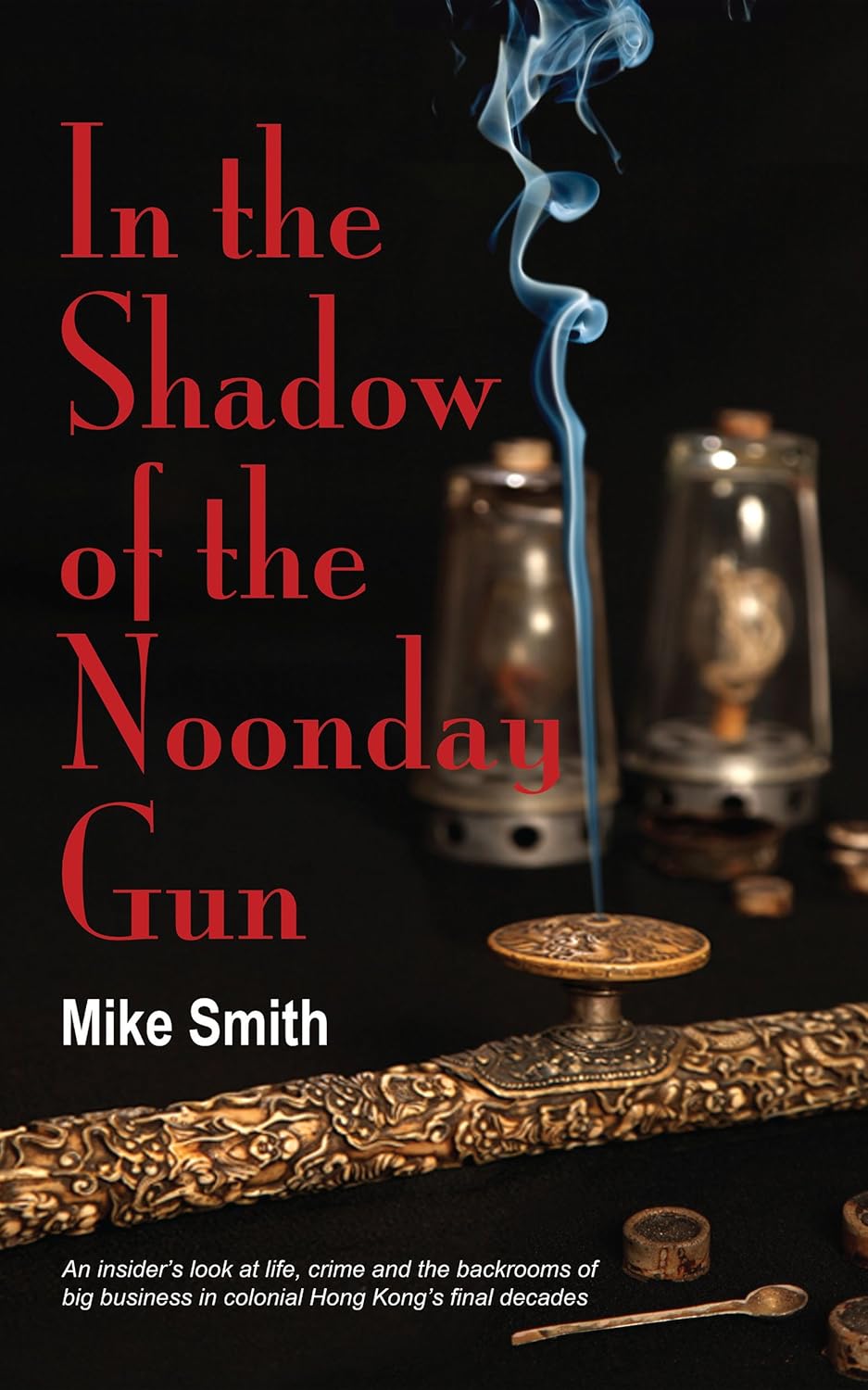According to
The Asia Pacific Writers and Translators Association (APWTA), Asians spend
twice as many hours reading as Westerners.
But Asians don’t just read traditional printed books. The story Deep
Love was a hit in Japan in 2003, with each chapter delivered to
mobile phones. The Ghost Blows Out The
Candle attracted six million readers in China as computer-delivered text
episodes in 2006. When it comes to graphic novels, agents in Asia report that
they are more likely to strike deals for digital versions, than for printed.
What does this
move to digital and mobile platforms mean for the future of the book?
“As digital
delivery systems replace traditional ones, the old rules about standard
lengths, structures, formats and categories make no sense,” says APWTA
chairman, Nury Vittachi.
Since the
borders of the book can no longer be patrolled in the traditional way, APWTA is
launching a new writing prize, The World Readers' Award.
The World
Readers' Award is not intended for books, but for stories, defined by the organizers as
“sustained acts of creative imagination”.
Entries will not
be limited either to highbrow literature, or even to fiction. The new prize will be offered simply for “the best read of the year”, including narrative
non-fiction.
While an author needs a US passport to be eligible
for the Pulitzer, and a work must be published in the UK to be eligible for the
Man Booker, judges of the new prize won’t consider an author’s nationality at
all, and with this award's emphasis on stories and digital, not books and print, constraints on place of publication are irrelevant.
Instead of geographically-based entry requirements, a broad cultural theme, such as East meets West, or the Indian
subcontinent, or the Chinese diaspora will
be set for each contest. The idea is to nudge authors away from stock characters and locations, such
as those found in political thrillers set in the US, or cosy crime novels set in the UK,
to social and physical settings in Asia, where the majority of the world’s
readers live. The exact theme for 2014 is currently under discussion and will
be announced shortly.
For 2014, entries must be in English. But APWTA wants to grow
the award to include Asian languages eventually.
Two prizes will
be awarded each year, one for the best published work, and one for the best unpublished
text. Penguin Random House has signed up as a publishing partner through its
North Asian operation, and winning entrants will be offered a traditional
publishing contract.
Judges are
to be so-called ordinary readers - whoever they are - not academics, literary
journalists, novelists or anybody else with a professional interest in
story telling. Judges for the award for
published work will be recruited through the
Internet. For the award for unpublished work, APWTA will appoint a diverse
panel of judges, drawn from people who read at least 30 books per year.
The distinction between published and unpublished work begs the question: how do
you distinguish them in the digital age?
Says Nury Vittachi: “We’re working with the Penguin North Asia office to
see where that line will be. We’re trying to encourage fresh writing, rather
than have people send in their old, self-published books which have not been
successful. But on the other hand, if a text has been seen by only by a small
number of people, it could count as unpublished, for practical reasons.”
Writers in Asia
are enthusiastic. Mariko Nagai, in Tokyo, says: “This new award subverts the
notion of the West, subverts how an award is chosen, and most importantly, it
questions the idea of who a writer is, and what makes a book a book.”
Mumbai poet Menka
Shivdasani says: “An award such as this
one will act as a catalyst to give literature from Asia the attention it
deserves.”
APWTA will be publishing details of how to enter
before the end of the year. Further
information at: http://apwriters.org/home/world-readers-award/ Join APWTA at www.apwriters.org












